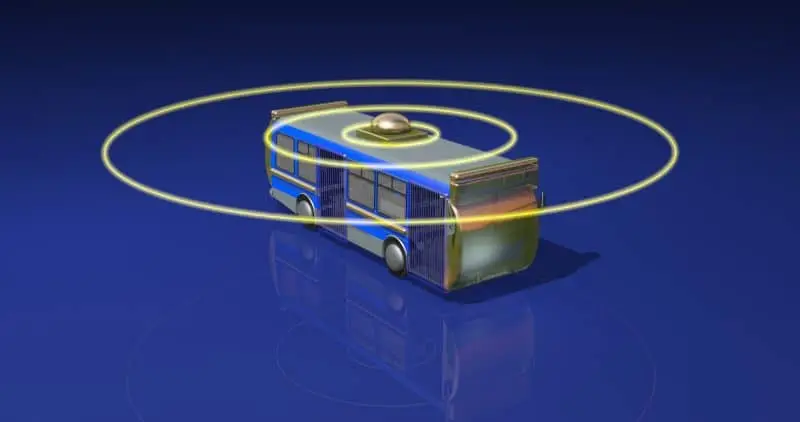Where doctors once made house calls, they now focus on having patients come to them. Even though this is the most common way to see patients, some doctors are using new mobile clinics to reach people who aren’t able to visit them at their main facility. Dentists can follow this example, which might help them to reach more people.
Mobile dentistry is a field that can have considerable benefits in areas that have the need. Some of the possible areas that might benefit from mobile dentistry include migrant workers and the elderly. People who live in rural areas without immediate access to the big city where a dentist office is housed can also benefit from a mobile clinic.
A Conundrum for Dentists
The issue that comes in is determining how dentists can meet the needs of the people who rely on a mobile dental clinic. The first challenge that many dentists will face is finding a facility where they can host the mobile clinic or a vehicle that they can retrofit to meet the needs of patients. This can be a challenging proposition because it relies on the ability to duplicate a dentist’s office in a very small space.
The difficulties of establishing a mobile dentistry clinic depend on the depth of the services you will provide. If your mobile clinic is only going to offer dental cleanings and checkups, you could do this with minimal equipment. Adding in services like providing fillings or extractions would require more equipment.
It is possible to find portable equipment to fit the needs of basic dentistry. Some endodontic procedures wouldn’t be possible with the mobile clinic simply because you won’t be able to meet the current standard of care. Alternative procedures, such as extracting teeth, might be used in mobile dentistry.
Privacy and Compliance Standards
Mobile dentistry requires a way to access and keep records that you can take with you. This makes privacy and compliance a primary concern when operating a mobile dentistry clinic. This can be done by using electronic records that meet or exceed current security standards. You can even use mobile kiosks or check-in systems that allow patients to check themselves into the clinic. This can reduce the cost of the mobile dentist’s office, especially if you are attending events like migrant worker health days.
Mobile electronic record keeping is a fairly new feature in the medical industry; however, it isn’t so new that you’ll have trouble finding options. There are some programs that enable you to chart information and check patient files from a smartphone, tablet or computer. This could be a space saver and time saver that enables you to see as many patients as possible.
Financial Considerations
A mobile dentist office isn’t going to yield the profit that is comparable to a stationary dentist office. The clientele you will see will likely be lower income. You might find that you can reduce the out-of-pocket expense of the mobile clinic by using supplies that are specifically made for mobile dentistry. Opening a stationary clinic is likely to cost upwards of $100,000 to $250,000, but this big hit isn’t associated with opening a mobile office.
At a minimum, and not including the vehicle you use for the practice, you can expect to pay around $15,500 to $23,000 for a compressor, suction and drill combination machine, a portable X-ray machine and computer and a portable light that has a magnifying glass. You might also need to equip the unit with a suitable chair or bed if you are going to offer on-site care that isn’t in a patient’s home.
A mobile dentist office isn’t a good model for everyone. You will likely see fewer patients on a daily basis, but you can make a big difference in the life of a person who isn’t able to get to an office due to transportation or mobility limitations.




